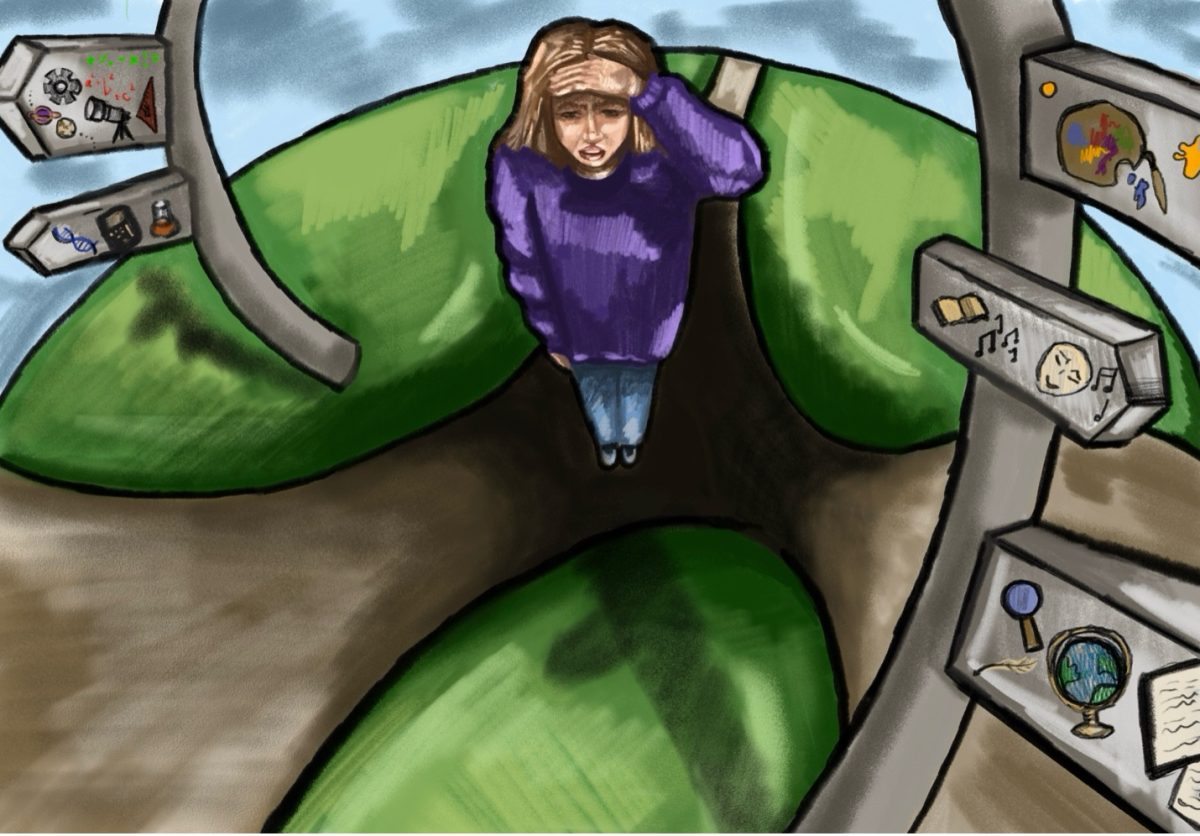As someone who loves to be surrounded by people, coping with isolation is one of the most difficult challenges I’ve faced. It’s stifling and tedious. Very often, the lack of social interaction is painfully miserable. It’s true that despite being physically isolated, there are many virtual ways to connect with people. When you’ve scrolled through every post on your feed, though, when your friends are all asleep because they live on the other side of the world, when you have nothing but thoughts of the coronavirus left to distract you—it’s easy to just feel low and alone. Distractions can only take you so far. But the need to stay home is going to last a while, and soon we’re going to need to find a way to live in quarantine—actually live. And in order to do that, this lifestyle desperately needs more of two things: structure and beauty.
With regards to the first, Dr. Stephanie Cacioppo, director of the Brain Dynamics Laboratory at UChicago’s Pritzker School of Medicine, advises that “a sense of control is essential for one’s sanity.” As someone who’s planned out almost every course I want to take in the next four years, I can definitely relate to that. Pandemics, however, aren’t conducive for control. We can’t control what happens in the world at large, and we can’t control most of what happens in our own lives. Uncertainty like this is terrifying, and it’s exactly why we need to focus on controlling all the little things that we can.
Having to sleep during the day because of time differences, with mandatory 3 a.m. labs and midterms, I’ll confess that it’s been hard to find a semblance of the motivation I had on campus. But I’m trying to find a sense of structure by using a planner to make a stricter sleep and study schedule. As much as I often need to push myself to start working on something, keeping my mind busy as much as possible has made it far more difficult to be bored. And knowing that there’s something that needs to be done gives me the incentive to get out of bed every evening.
But there’s also a second effect of boredom—being stuck at home with not much to do other than schoolwork, the compulsive desire to add pretty, useless things to my online shopping cart gets stronger and stronger. And judging from my friends and posts I see online, I’m not alone.
Anyone who knows me knows that I have a weakness for pretty things. I have a large collection of jewelry, much of which I won’t wear more than once a year—but I feel good when I do wear them. The week before orientation, I ordered a pink and rose gold filing set—I didn’t use it much, but it added significantly to my room aesthetic. Pretty things aren’t usually necessary, but they make life more worth living. Right now, some might consider such spending on non-essential items unnecessary, and I can understand why, but consider: This is precisely the time to do it. In a time when all we can really think about is a deadly virus that is shutting down nations, we need to pay more attention to the little, unnecessary, frivolous things that make life better (and frivolity doesn’t have to mean spending money). We need more beauty around us to make up for the ugliness of the headlines that come out every day.
The easiest way I can start accomplishing that is by how I get ready for class. With the luxury of taking classes at home, it’s tempting to wake up just before my first class and stay in bed with my video off, but I’m instead getting ready as I would for regular college, with a full outfit. It seems pointless. But when I’m well-dressed in pretty clothes, I feel better and more confident about myself. And like I said, during this chaos, we could use all the feel-good we can get. I’m also fortunate enough to live in a house with very large outdoor spaces, and I’m trying to make the most of that by finding places to work that are surrounded by nature, because having a beautiful place that I look forward to being in might help me better enjoy studying.
Despite everything, online classes cannot replace campus life. During lockdown, there are no quads, libraries, or other study spaces. There are no friends’ doors to knock on when you’re bored. There are no parties to help you de-stress on weekend nights. We didn’t expect to have our spring taken away, but self-isolation is how we’re trying to protect ourselves and the people we love. And so, we’re left to make the most of it while we wait for life to resume as normal. Until then, there isn’t much else we can do other than make this situation better by taking control where we can and trying to make life more beautiful—whatever helps us stay sane.
Manya Bharadwaj is a first-year in the College.






